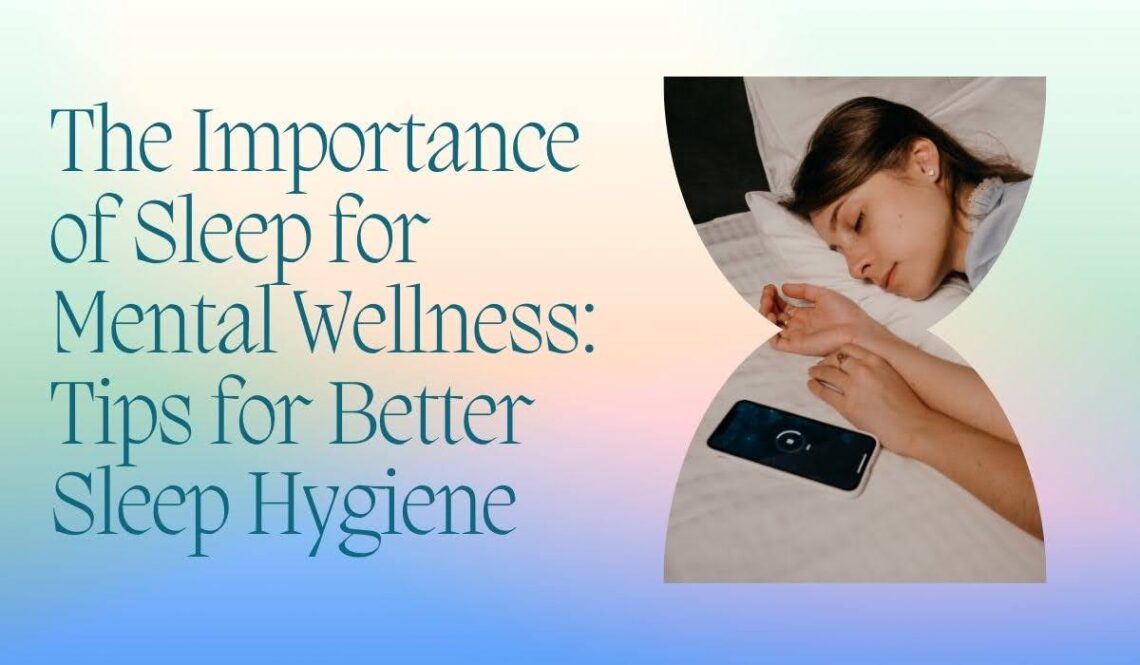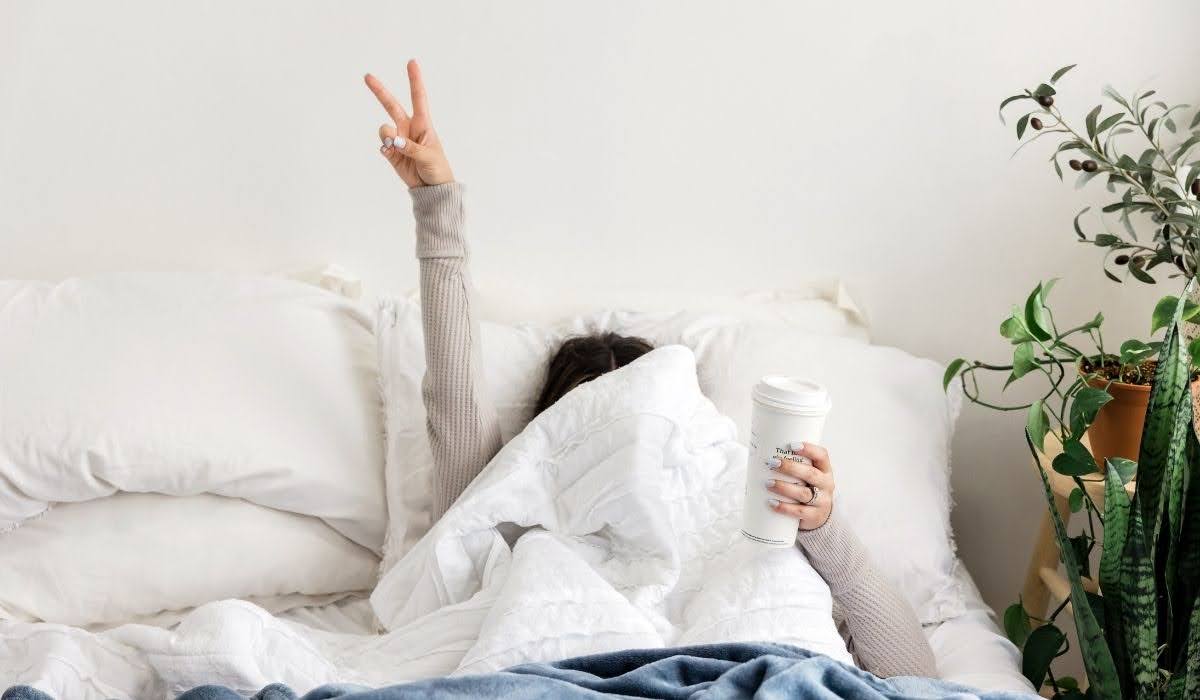
The Importance of Sleep for Mental Wellness: Tips for Better Sleep Hygiene
Sleep – it’s something we all need, yet often neglect in the hustle and bustle of daily life. However, the significance of quality sleep for our mental well-being cannot be overstated. Just as our bodies require nourishment and exercise to thrive, our minds depend on adequate rest to function optimally. Let’s explore why sleep is essential for mental wellness and some practical tips for improving sleep hygiene.
Firstly, let’s consider the role of sleep in regulating our emotions. During sleep, our brains undergo essential processes that help consolidate memories, process emotions, and regulate mood. When we don’t get enough sleep, these functions are disrupted, leaving us more vulnerable to stress, anxiety, and irritability. A good night’s sleep can leave us feeling refreshed and better equipped to cope with life’s challenges.
Moreover, sleep plays a crucial role in cognitive function and decision-making. Lack of sleep can impair attention, concentration, and problem-solving abilities, making it harder to perform tasks effectively and make sound judgments. On the other hand, sufficient sleep enhances cognitive performance, creativity, and learning, enabling us to tackle tasks with clarity and efficiency.
Furthermore, sleep is essential for physical health. During sleep, the body repairs tissues, boosts the immune system, and regulates hormone levels. Chronic sleep deprivation has been linked to an increased risk of various health conditions, including obesity, diabetes, and heart disease. By prioritising sleep, we can support our overall health and well-being.
Now that we understand the importance of sleep for mental wellness, let’s explore some tips for improving sleep hygiene:
- Establish a consistent sleep schedule: Try to go to bed and wake up at the same time every day, even on weekends. This helps regulate your body’s internal clock and promotes better sleep quality.
- Create a relaxing bedtime routine: Wind down before bed by engaging in calming activities such as reading, listening to soothing music, or taking a warm bath. Avoid stimulating activities like watching TV or using electronic devices, as the blue light can interfere with melatonin production.
- Create a comfortable sleep environment: Make sure your bedroom is conducive to sleep by keeping it cool, dark, and quiet. Invest in a comfortable mattress and pillows that support your body and promote relaxation.
- Limit caffeine and alcohol intake: Avoid consuming caffeine or alcohol close to bedtime, as they can disrupt sleep patterns and lead to restless nights.
- Stay active during the day: Regular exercise can improve sleep quality and help you fall asleep faster. Aim for at least 30 minutes of moderate exercise most days of the week, but avoid vigorous exercise too close to bedtime, as it may interfere with sleep.
- Manage stress: Practise relaxation techniques such as deep breathing, meditation, or yoga to help reduce stress and promote relaxation before bedtime.
By prioritising sleep and adopting healthy sleep habits, we can support our mental wellness and enhance our overall quality of life. Remember, a good night’s sleep is not a luxury – it’s a fundamental pillar of health and well-being.



